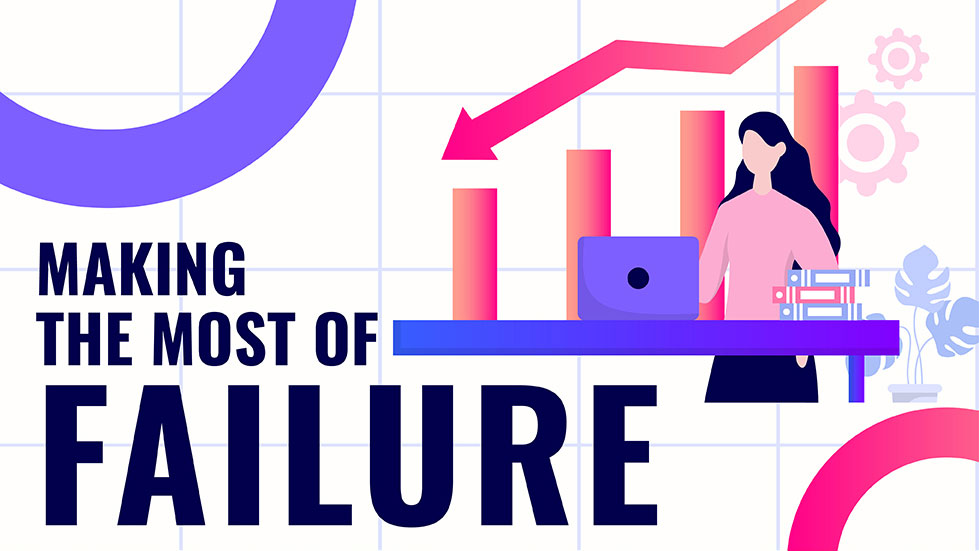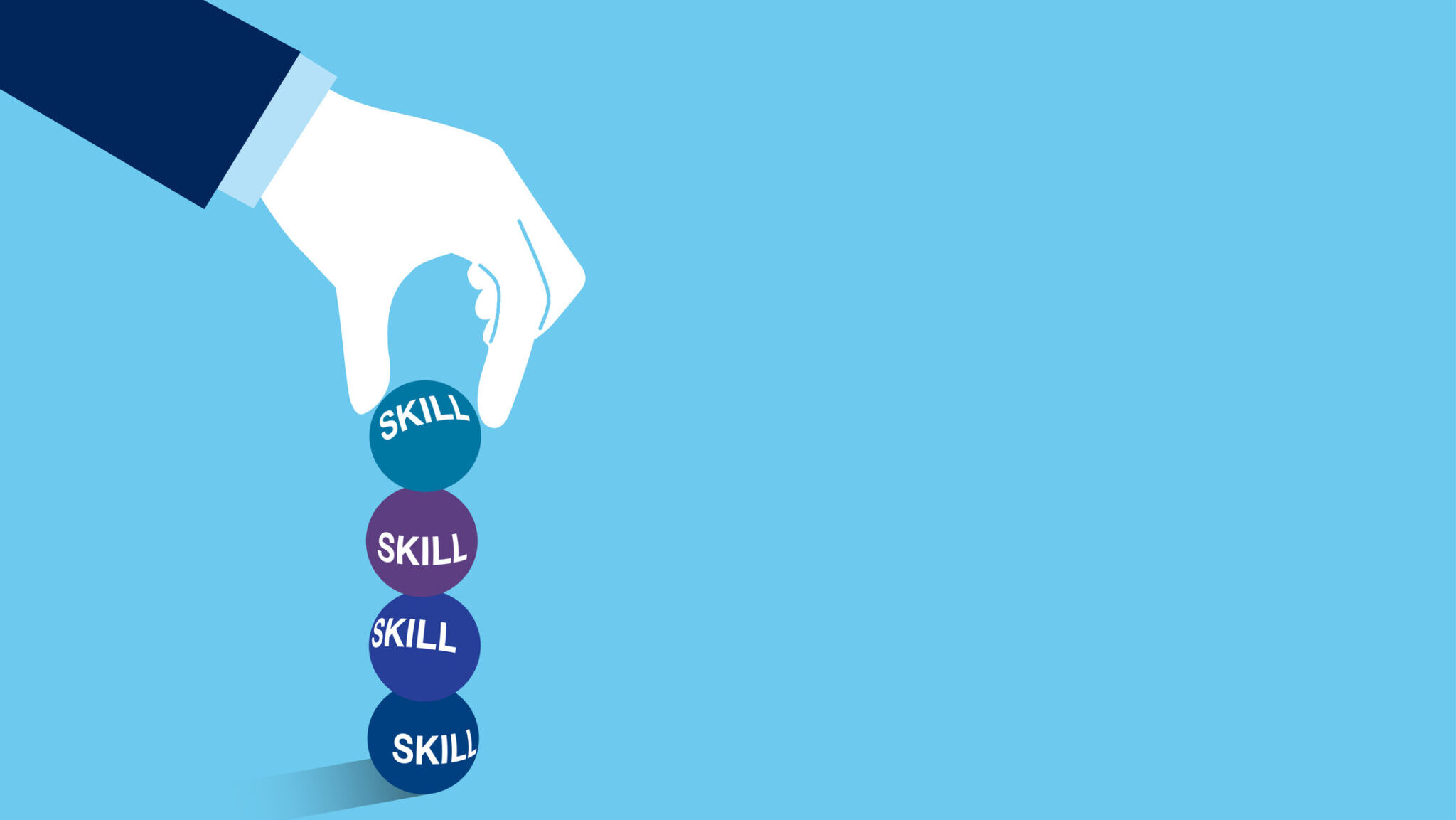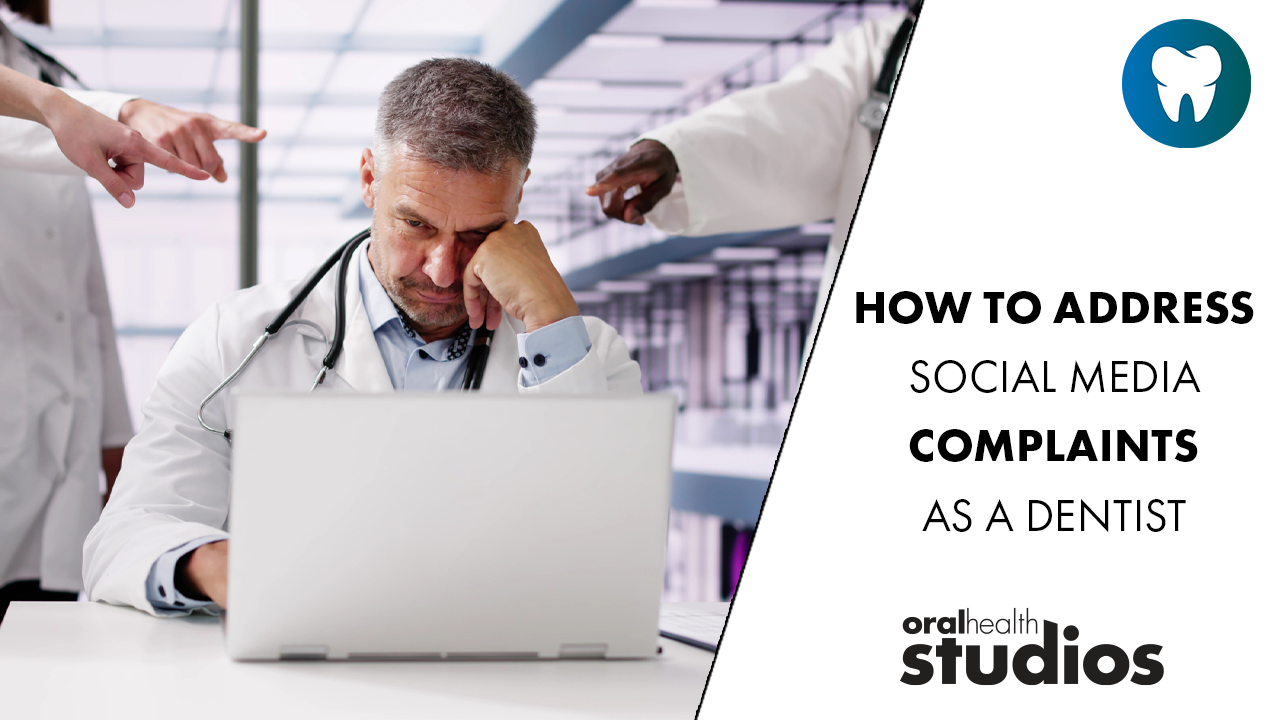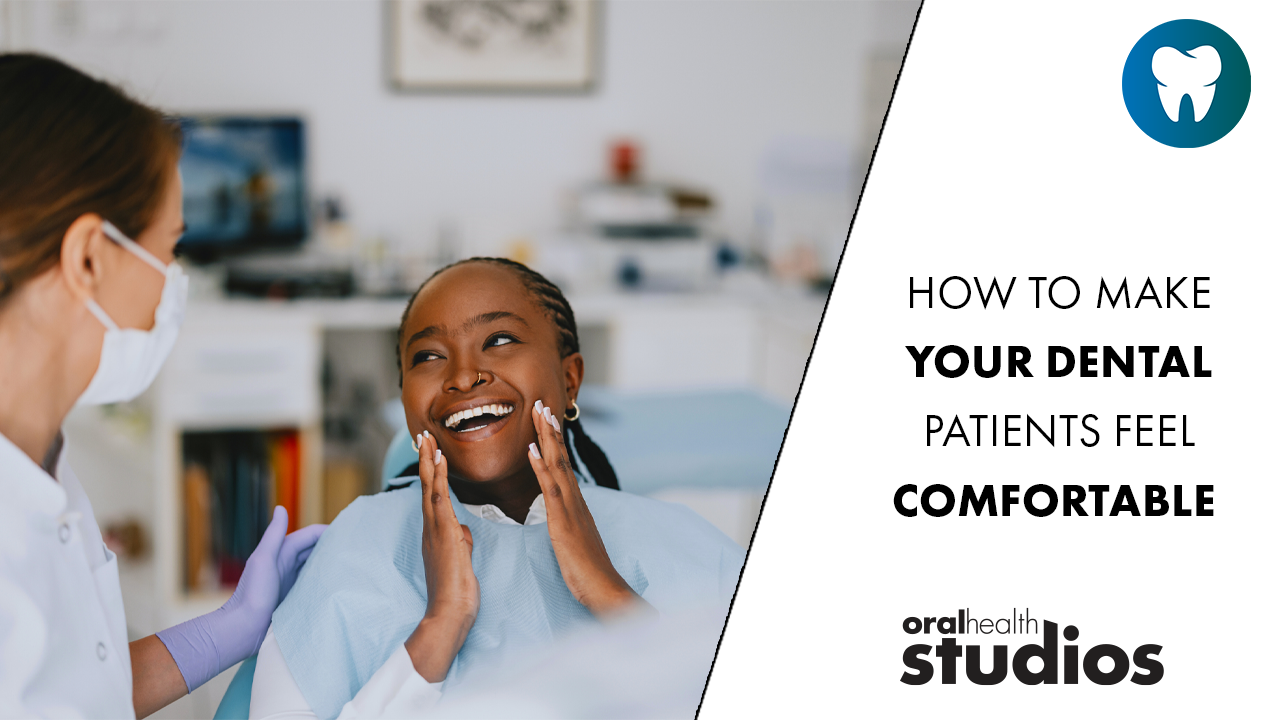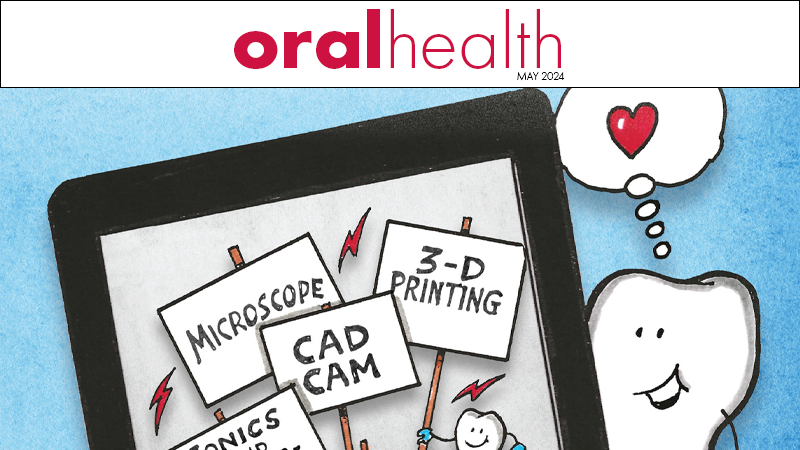
Repetitive work trauma is a phrase that recently came to my attention. I did not have to hear the definition to understand the meaning. Why? Because I live it each week! I feel its effects in my body everyday. My lower back, and hips feel eternally tight with a ball of pain that usually centers in my left buttock and lower back area. Many days I struggle to walk upright for the first five minutes after the last patient. Twenty-two years as a practicing dentist (general for 5 years and endodontics for 17 years) has made the meaning of repetitive work trauma crystal clear.
According to Bluestein attorneys “repetitive work trauma”, “…occurs gradually over time, as a result of repetitive motion, strain, or pressure on a particular body part.” I would like to add two more phrases that serve as a subset to repetitive work trauma: Dental Mental Trauma (DMT) and Dental Physical Trauma (DPT). These two phrases sum up as a whole the body and mind trauma that can occur daily in a dental or speciality practice.
Why am I interested in talking about mind and body trauma? I turned 50 a few months ago and I am not sure how long I will be able to practice endodontics and stay physically healthy. My goal is to control the year I retire and not let my body dictate retirement. After 17 years of clinical endodontic practice I’m finally comfortable. I enjoy what I do (most of the time) and I’m good at it (most of the time). But enter the two dragons: DMT and DPT. Year after year, case after case we dutifully go to work. We are dentists and we must produce and serve the patient. We have a professional skill that can take people out of pain and save teeth.
Duty and obligation are good things. We do our duty because we must, but overtime this “duty” chips away at you both mentally and physically. It’s apart of life and the everyday job. Sitting everyday in a frozen position, focused intently inside a tooth slowly scrapes away at your physical health. Crying, anxious, mean, and uncooperative patient’s slowly chip away at your mental health. Some weeks the experience of truly difficult patients have eroded my mental strength more than months of normal everyday life.
Add DMT and DPT to an aging body; we aren’t getting any looser, trimmer, or stronger because of the second law of thermodynamics (law of entropy). We are slowly edging from order to disorder; order to chaos. The natural order of aging is difficult but much more difficult if you are in constant pain.
In this article, I would like to discuss self-care tactics that can combat Dental Mental Trauma (DMT) and Dental Physical Trauma (DPT). The goal of self-care is to practice and live a healthier, happier life. I do not just want us to survive, I want us all to thrive.
PHYSICAL SELF-CARE
I have purchased and used nearly every body “self-care” gadget or device on the market. I have gone to cryotherapy for years (sometimes two times a day- yes, I’m lucky to have a million dollar cryotherapy chamber located 200 yards from my door), sat in saunas, and 104° hot tubs. I have spent hours in hyperbaric chambers, used infrared and near infrared full body red light therapy (Joov), hip and leg compression therapy (Normatec from Hyperice), Pulse Electromagnetic Field (PEMF) therapy devices like the Haelo. I have two, yes two, massage chairs, a vibrating standing plate (HyperVibe), 3, yes 3, different Hypervolt compression guns from HyperIce. I have two different full body rollers, 9 different type of ball rollers including a lacrosse ball and a softball.
What I have found is that some of these therapies and devices are excellent in decreasing inflammation and promoting muscle and connective tissue recovery. But the #1 way I have found to take care of myself, body and mind, is to have a morning workout routine. In real estate the famous catch phrase is, “Location, location, location.” In self-care the catch phrase should be, “Routine, routine, routine.” Better stated: a consistent routine. DO NOT let life and all its distractions rob you of your daily workout routine.
My daily routine goal is 30-30-30. Thirty minutes of resistance training (lifting), thirty minutes of cardio (my body feels the best with the elliptical, bike or swimming because it is low impact) and thirty minutes of stretching (often I mix resistance training and stretching and stretch in between sets). I also transitioned to using machines for resistance training to lessen the stress on the joints. On workdays I perform a 20-20-20 workout and then 30-30-30 on non-workdays since there is more time. I enjoy resistance training more than cardio and cardio more than stretching. In my routine, what often happens is that I lift for forty minutes, perform cardio (elliptical) for twenty minutes and then realize I do not have enough time to stretch or perform yoga. After doing this for years and then finally making the commitment to stretching, I have realized that stretching and yoga is one of the most important things we can do for self-care. I have noticed that just after ten minutes of stretching my body feels 60-70% better and my back and hip pain is greatly reduced. If I add another ten minutes or perform a fifteen minute Yoga routine in conjunction with cardio, rolling on a foam roller, and using a lacrosse ball to pinpoint the knotted areas, I can often decrease my body pain to 80-90% and actually feel free and loose again. A thirty minute stretch is a gift that keeps on giving sometimes even days later. But, this takes WORK and DISCIPLINE and sometimes it’s just easier to sit in the easy chair and watch television. The best part about a routine that involves the movement triad of resistance-cardio-stretching is that it is self-care for both the physical and mental components of life helping combat daily DMT and DPT.
There are three books that I use to help with stretching and yoga that you must read. “Foundations: Redefine your Core, Conquer Back Pain, and Move with Confidence” by Dr. Eric Goodman and Peter Park, “Knee Ability Zero” by Ben Patrick (Knees over Toes guy), and “Yoga Fitness for Men” by Dean Pohlman (or any good Yoga book or video that has different routines that target different areas of the body).
My daily routine usually consists of a fifteen to thirty minute hot tub soak at 102-104° at 5 am while I read, pray or meditate and drink my coffee. I then drive to the gym and perform resistance training, cardio, and stretching for forty-five minutes to an hour and a half depending on the day. I then eat a nutritious breakfast with low sugar and higher protein. After work, I usually go in the cryotherapy chamber for 3 1/2 minutes at -175°F. I then go home and attempt to stretch and roll for fifteen minutes. Sometimes after dinner my wife and I will go on a walk, and if we do watch television, I use the Normatec compression therapy and a PEMF device (Haelo) concurrently to help reduce inflammation and promote healing.
MENTAL SELF-CARE
The second component to self-care is taking care of your mental health. Day in and day out as dentists we absorb little trauma packets from our patients. These trauma packets can build up in our body and mind and effect our peace and happiness. This Mental Dental Trauma that we receive from our patients can impact our family relationships and lead to depression, anxiety and anger. I did not realize how much DMT I have absorbed from my patients crying and acting out in my dental chair for the last 22 years. Along with DMT, a few years ago my family and I went through significant trauma. This trauma brought incredible grief and led me to start therapy with a licensed marriage and family therapist. I did not think I needed it and was resistant to going. I started three years ago, am still going, and I can wholeheartedly say it is one of the best things that I have ever done for mental self-care. Therapy has helped me work though and reframe poor thinking and negative self-talk. I have dealt with insecurities, fear and childhood traumas and have learned to be kind to myself, allowing much more grace in my life. I have become a much better listener and this has helped me in my interaction with family and patients. I understand true grief and can empathize with patients when they discuss their fear or anxiety. Therapy has allowed me to truly feel and work through sadness, which believe it or not, has greatly increased my true joy for life. I am much happier because I do not take things for granted and my new life motto is, “live simply, live with joy and live in the present.” I just live today and try to wring as much joy as possible out of today. I feel grateful and blessed for today. I am not sure about tomorrow but I know we have today, and I want to live today because we are not promised tomorrow. I am 50 now and if I die at 80 that means I only have 10,950 days left. I want to really live each day If possible with joy and happiness, full of love to my family, friends and patients. I recommend therapy to many of my friends and family and to be honest most say they do not need it. I believe they are missing out on a better, more fulfilled life. I encourage you to be vulnerable and seek a professional therapist (even if it’s the hardest thing you’ve had to do). It can change your life and make you a better dentist and, most importantly, person.
CONCLUSION
The bottom line to taking care of our body and mind starts with a daily movement routine to help combat Physical Dental Trauma. Then add chiropractic care, massages, and consistent daily stretching and yoga. Devices like the Normatec (HyperIce) and a PEMF (Haelo) device used concurrently has increased my recovery by decreasing inflammation and promoting mitochondrial health. Next, incorporate talk therapy to work through life’s emotional stress and lessen the impact of Dental Mental Trauma. In conclusion, routine, routine, routine can change your life, make you a better spouse, parent and clinician. When you feel better, both mentally and physically life is so much more enjoyable. So, let’s take care of ourselves for our family and for our grandkids and be kind to both our body and mind. 
Reprinted with permission from Endodontic Practice US (endopracticeus.com)
About the Author

Dr. Pullen graduated from USC Dental school in 1999 and served 3 years in the Army dental corps in Landstuhl, Germany. He attended the Long Beach VA endodontic residency and graduated in 2006. Dr. Pullen opened a practice limited to Endodontics in Brea, CA in 2007 and achieved board certification in 2013. His hobbies include surfing, JiuJitsu, reading and golf. Dr. Pullen is the founder of rootcanalacademy.com and the 2 Day Root Camp Boot Camp course.







